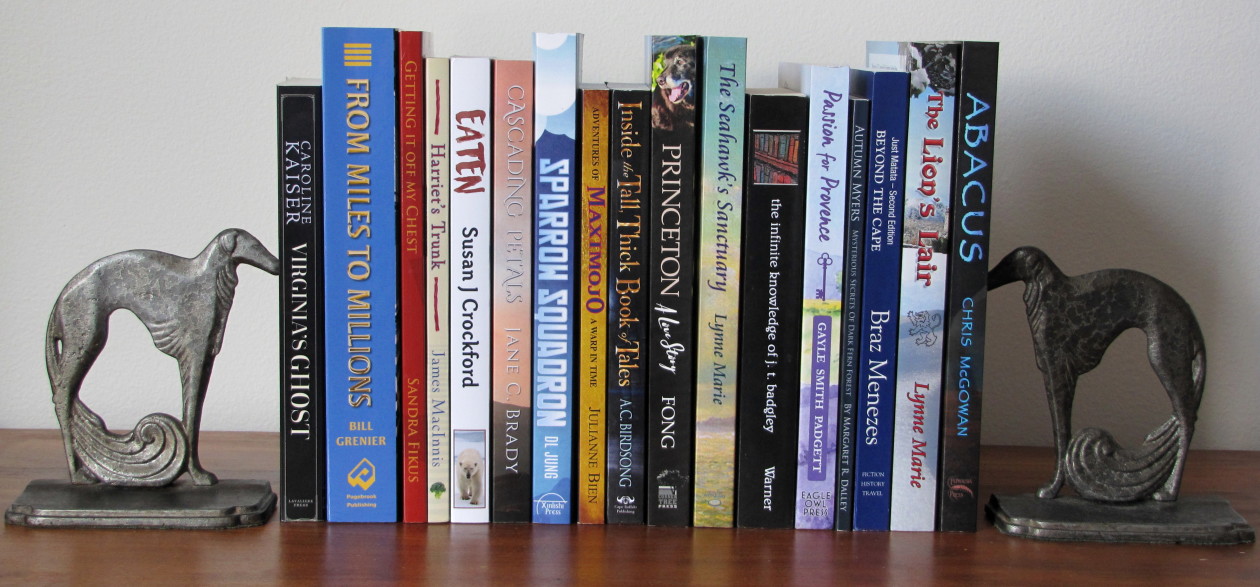The idea of attending networking events used to seem about as appealing to me as the thought of having all my teeth extracted. I always envisioned standing around morosely eating chips and dip and listening to the chattier people do most of the talking.
Then I actually started going to networking meetings. My decision to network formally happened when I joined a writers’ group. Once a month, at an ungodly hour on a Saturday morning, I haul myself over to the subway station and travel to the extreme west end of the city, where I eat a buffet breakfast at 9:00 a.m. with a table full of strangers while I am still only semi-conscious.
Before I went to the first meeting, I assumed the experience would be utterly nerve-wracking. Wouldn’t I be required to impress the hell out of my fellow writers and editors and get work to boot? Oh, the pressure! But it turned out that my semi-conscious state worked to my advantage. Honestly, I wasn’t that worked up about impressing anyone. I was too tired and undercaffeinated to care, which meant that I didn’t try to be the extroverted person I thought I should be for such occasions; I was just my normal self. And because of that, I met lots of nice people with whom I exchanged business cards and with whom I’ve chatted at subsequent meetings. Isn’t that exactly what’s supposed to happen?
Not trying too hard is definitely a plus when you’re attending networking meetings, but not trying when opportunity is handed to you on a silver platter is really not recommended. At one meeting I attended, I was sitting with a woman who got up from the table to surreptitiously place copies of her book on a table at the front of the room that was reserved for member books and flyers. When she came back, I said that I’d noticed her book and asked her what it was about.
“It’s creative non-fiction,” she said, without even a glimmer of enthusiasm. And she clearly thought that identifying the genre of the book was sufficient. Suffering from a bad back, she went on to describe her pain with considerably more energy than she’d had for her book, and a gloomy silence swept over our table of strangers.
It was an example of what’s not supposed to happen at these meetings, and furthermore, it was an opportunity lost for the author. Where was her elevator speech, the one that would make me feel that her book had something unique to offer me and was worthy of my attention? And her lack of curiosity about what I do for a living didn’t win her any points, either.
I contrast her approach (or rather, her non-approach) with that of another woman I met at the meeting, who as soon as she heard I was an editor, excitedly asked me about my work. When I asked her about her writing, she gave me the gist of her young adult novel. We exchanged cards, and she also handed me a glossy flyer featuring her book. It was an equal exchange and a satisfying one. Guess who I’ll want to speak with at future meetings? It won’t be the woman who was complaining about her back.

 Follow
Follow